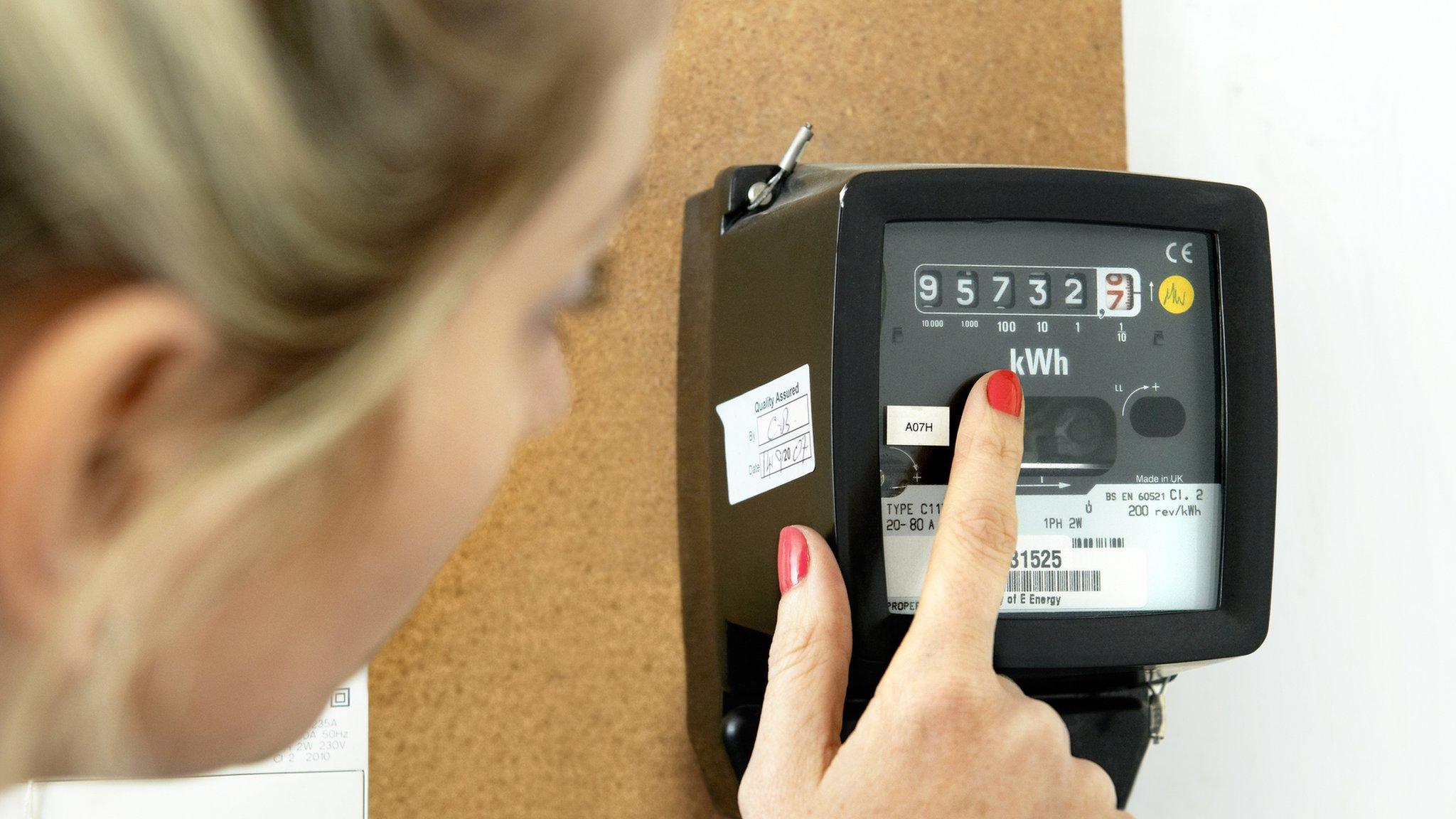£600 energy payment: 'Helpline needed' says fuel poverty charity
- Published
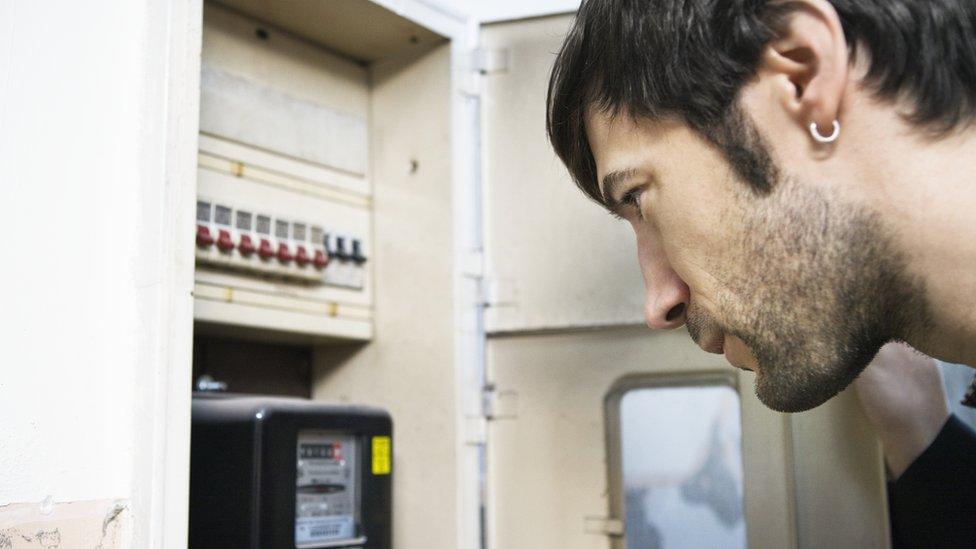
The £600 payments will be sent to bank accounts or via vouchers in the post, depending how you pay your bills
A fuel poverty charity has expressed concern about the lack of a helpline for people who have queries about their £600 energy support payment.
Every home in Northern Ireland with a domestic electricity supply is to get a one-off £600 payment by 31 March 2023.
The government payments will be distributed by electricity suppliers.
But the charity National Energy Action (NEA) said those firms would be flooded with calls from concerned householders if there is no central advice service.
Its director, Pat Austin, said she also had questions about how payments would delivered securely to people living in shared rented accommodation.
"There has already been a difficulty, due to all the pressures with energy. The suppliers are telling us they're fully stretched in terms of telephone calls and they're being inundated," she said.
"We believe that there is going to be a deluge of calls to suppliers and lots of problems here. We're looking for a central helpline to help us navigate our way through that."
Speaking to the BBC's On Your Behalf programme, Ms Austin said payments were to be welcomed and that no-one should "let perfection get in the way of good".
However, she criticised the government's communication strategy, saying it had been "a little bit all over the place" about how the scheme would be rolled out.
The £600 payment is part of the Northern Ireland Energy Bills Support Scheme and will be distributed automatically to eligible electricity customers.
People who pay for their electricity by direct debit will receive the money directly into their bank accounts in the form of a transfer from their energy supplier.
Junk mail warning
Customers who pay their electricity bills on a quarterly basis, and those who use a pre-payment meter, will receive vouchers in the post.
The vouchers can be exchanged for cash at a post office, provided that eligible recipients provide all the necessary identification.
The NEA director listed a number of potential problems with the roll-out which her organisation has raised with the energy regulator.
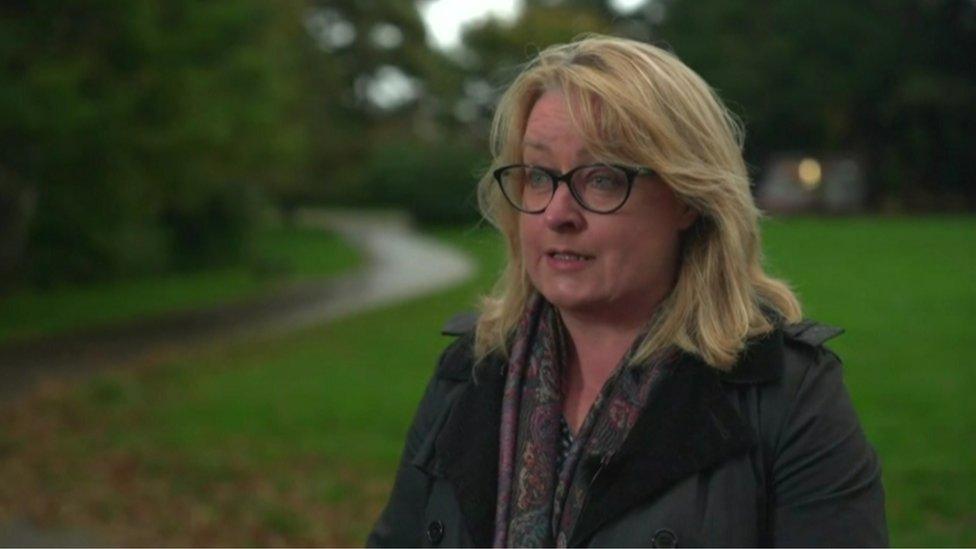
Pat Austin expressed concerns for renters and people without bank accounts
One of her concerns is the fact that vouchers for pre-payment meter customers will be addressed simply "to the householder".
"A lot of people who get letters addressed to a "householder" potentially throw [them] out immediately because they think it's junk.
"So it's very important that anybody waiting on this payment opens all their mail," Ms Austin said.
The rules of the scheme, external require pre-payment or keypad customers to bring their top up card or keypad app to the post office, in addition to the voucher and proof of address, in order to redeem their £600.
Walking out with cash
The NEA has concerns for renters who use a pre-payment meter card which has not yet been transferred into their own name.
"A lot of people who are in private rentals move into a home and they pick up a pre-payment card that the previous tenant has had," Ms Austin explained.
"And they maybe haven't contacted the supplier to have that information changed because they didn't have to."
This has put additional pressure on suppliers who are taking calls from customers who need pre-payment cards re-issued in their own name.
About 500,000 households in Northern Ireland are due to receive their payments in the form of vouchers.
They can be deposited into a bank via a post office counter or they can redeemed for cash.
"When a person wants to cash out £600 from the post office - if they can't put it into a bank account, that means you're going to have a lot of people walking about the towns or outside post offices with a significant amount of money.
"That's also a key concern for us," Ms Austin said.
A government representative was unavailable to discuss the issues that the NEA director raised about the scheme.
But in a statement to the programme, a spokesperson said: "In the absence of a Northern Ireland Executive, the UK government has stepped in and worked as quickly as possible to deliver vital energy bill support for households.
"We are determined to ensure that, whatever their circumstances, every customer in Northern Ireland gets the support they are entitled to."
Related topics
- Published17 January 2023
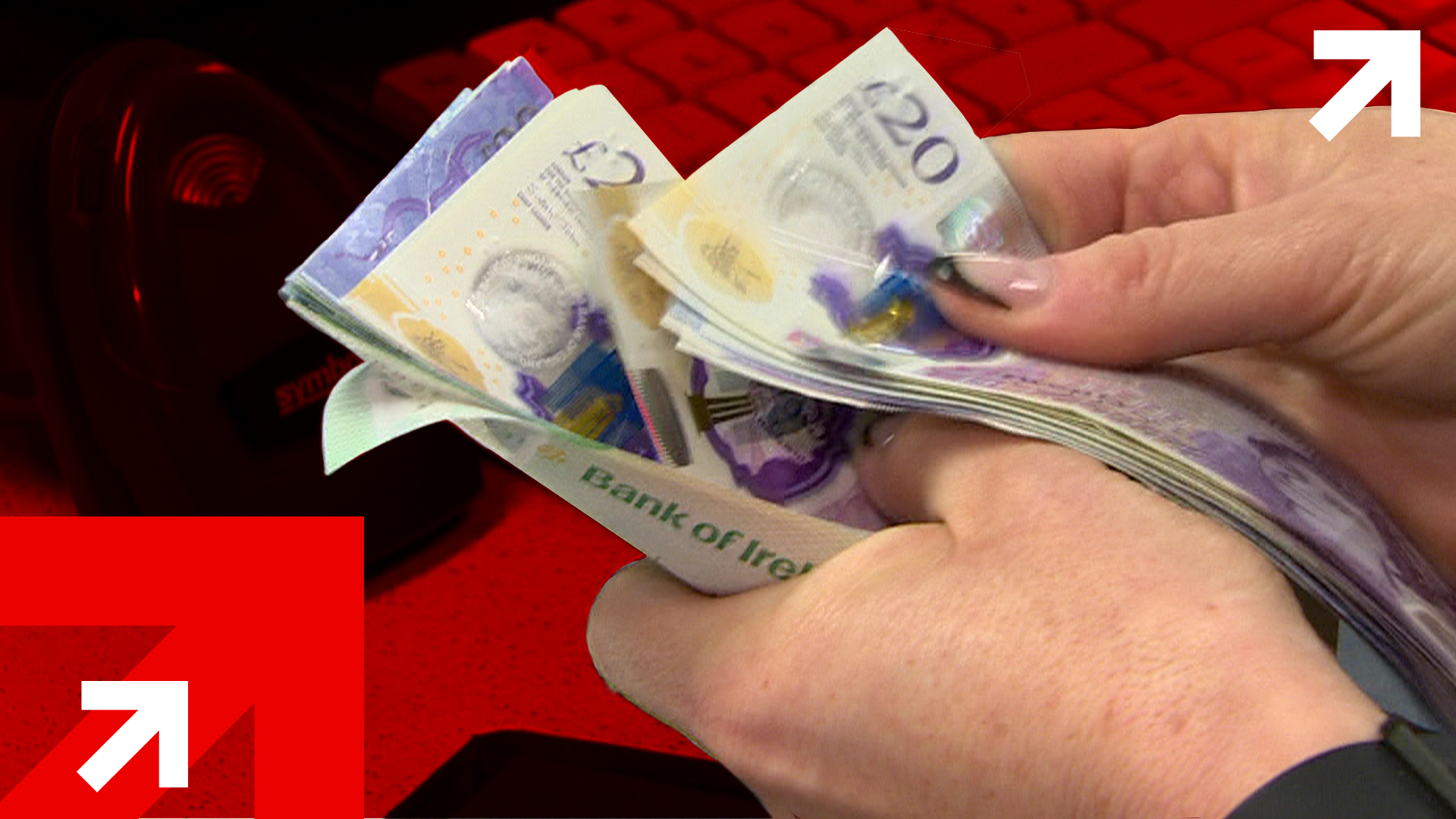
- Published6 January 2023
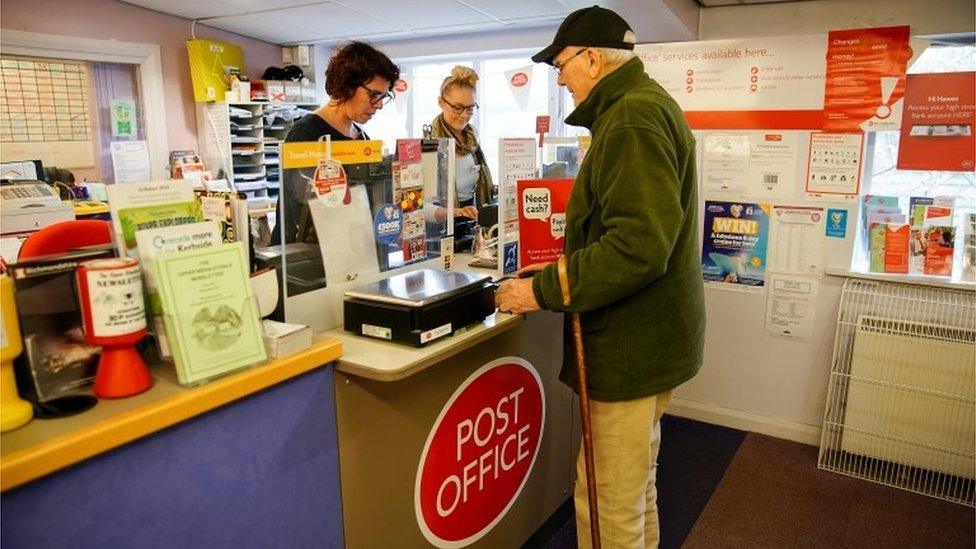
- Published2 January 2023
